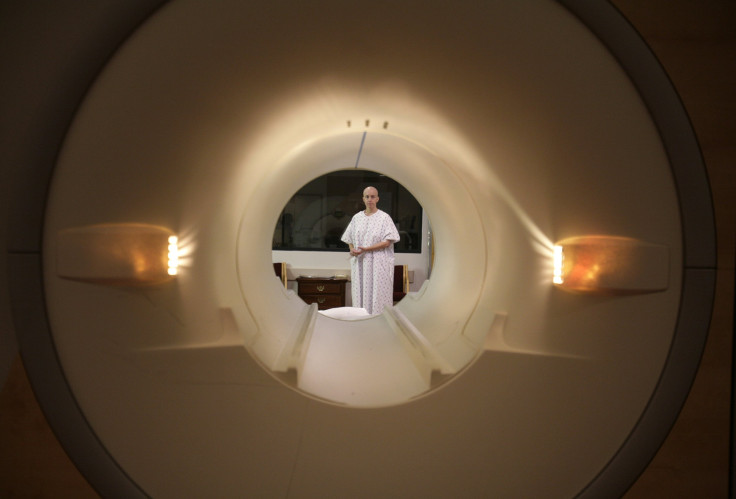FMRI Scans Can Predict Patients' Response To Antipsychotic Medication: Study

Scientists have discovered that brain scans can be used to predict patients’ response to antipsychotic medications, reducing the risk of adverse reactions with serious side effects, according to Friday reports.
Psychotic disorders like schizophrenia and bipolar disorder can cause delusions, hallucinations and disturbed, disorganized thoughts and behavior. Antipsychotic medication has proven to be successful in treating these episodes, but doctors currently have to rely on trial-and-error while prescribing the drugs, without knowing their effectiveness.
However, a team of researchers from the The Feinstein Institute for Medical Research in New York have found that functional magnetic resonance imaging (fMRI) scans before treatment can help predict the effectiveness of antipsychotics in patients suffering from their first episode of schizophrenia. The results of their research were published in The American Journal of Psychiatry.
Their research found that the connectivity patterns in a region of the brain known as the striatum, which tends to be abnormal in patients with psychotic disorders, could be scanned to predict their response to the drugs. They created an index of striatum scans which could be referred to in order to predict patients’ response.
The researchers found that this index proved useful even among a separate group of patients with chronic psychotic disorders, which opens the way for their findings to be applied to more patients.
"This study is the first to report a predictive fMRI-derived measure validated in an independent study group of patients treated with antipsychotics," lead author Deepak Sarpal said in a press release. "The results we found from this study open the door for contemporary 'precision medicine' approaches to psychiatry, and more specifically, the use of fMRI scans as important players in the treatment of psychiatric disorders."
© Copyright IBTimes 2024. All rights reserved.





















